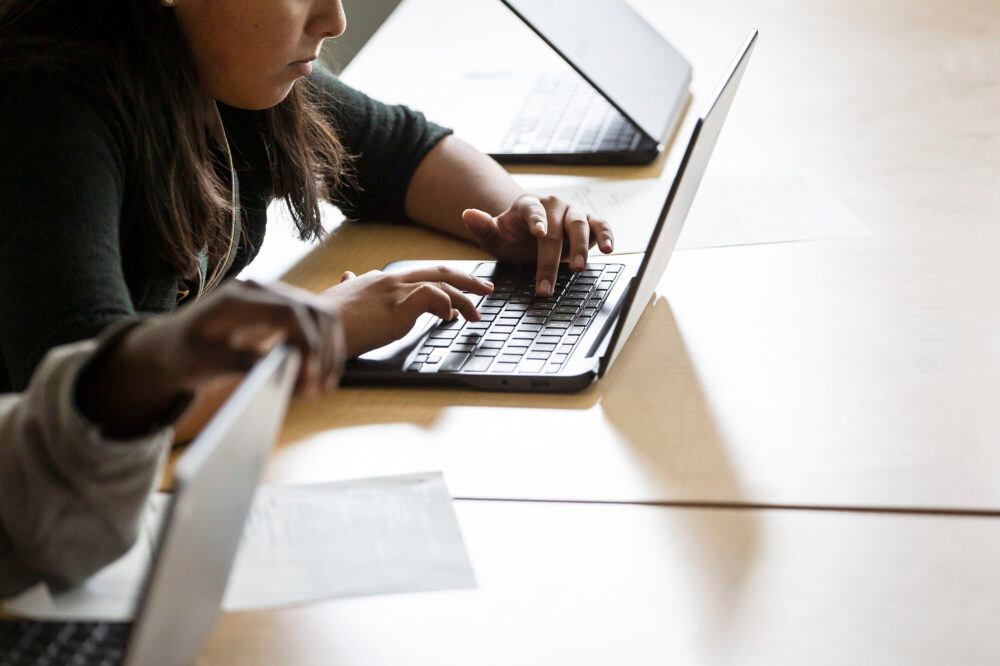In late June and early July, the Denver school district asked families to make a choice: Would they want their children to stay home this fall and learn online, or would they want to send their children in person to school buildings, with safety protocols to protect against the coronavirus?
The district got answers for about half of its 92,000 students. For 75% of students whose families responded, the preference was the in-person option, which has since been delayed by at least several weeks.
But survey results obtained by Chalkbeat through an open records request reveal differences by race. While 88% of white students chose the in-person option, only 65% of African American students and 67% of Hispanic students did — a trend also seen nationally. A similar percentage of Asian students, 69%, chose the in-person option.
The COVID-19 pandemic has disproportionately affected communities of color nationwide. Here in Colorado, the rate of infection is higher among Black and Hispanic Coloradans than it is among white Coloradans, state data show. The death rate is higher, too.
Denver Public Schools’ survey was non-binding. The purpose, district officials said, was to help the district plan for the fall. Even if school buildings reopen, the district plans to allow families to choose a 100% virtual learning option. District officials said they wanted to get an idea of how many teachers would be needed for that virtual option.
The results indicate that parents of about 23% of all students would prefer the virtual option. But the percentage was higher for some student groups. For example, 35% of English language learners chose the virtual option, as did 28% of students with disabilities and 34% of students who qualify for subsidized school meals, an indicator of poverty.
Those pushing to reopen schools to in-person learning often cite the struggles that virtual learning caused for families living in poverty, or the parents of students with disabilities. But Denver’s survey results suggest those families feel less safe returning to school in person during a pandemic.
Deronn Turner has two children in Denver Public Schools. Her youngest has special needs. She said she worries that going back to school could be more dangerous for students who may need help remembering to take safety precautions such as washing their hands.
“I wish there was a way for them to go in person,” Turner said. “But I don’t ever want to put the teachers’ lives at risk or the students’.”
The families who feel most safe returning to school are white families, the survey results show. Only 10% of white students would prefer virtual learning, according to the results, while 34% of African American students, 31% of Hispanic students, and 29% of Asian students would.
Superintendent Susana Cordova said last week that the survey results shifted toward the end of the survey window, which closed July 10. As coronavirus cases in Denver rose in July, so did the number of families indicating they preferred virtual learning, she said.
Cordova announced Friday that all Denver students would start the year remotely on Aug. 24. If virus numbers fall, those who want in-person instruction would gradually return to school buildings, with safety precautions in place — but not before Sept. 8, she said.
While the previous survey was non-binding, the district will soon ask families to make a choice for real. Registration for the 2020-21 school year begins July 27, and families will be asked to choose whether they want to enroll their children in the 100% virtual option or not.





